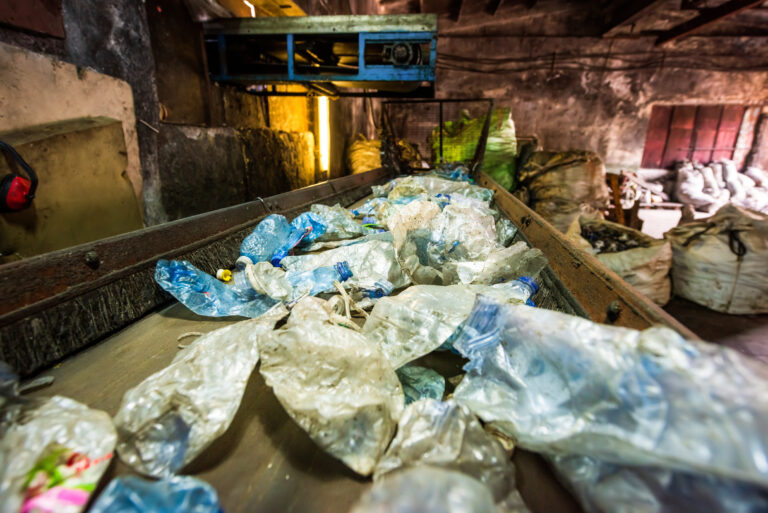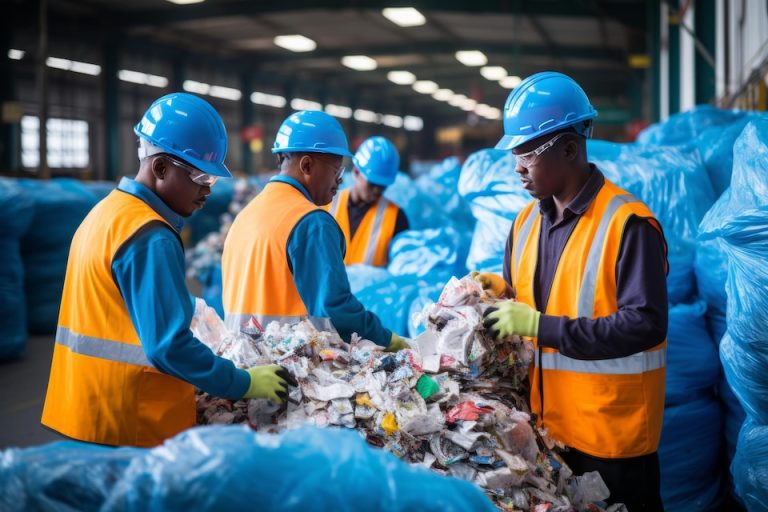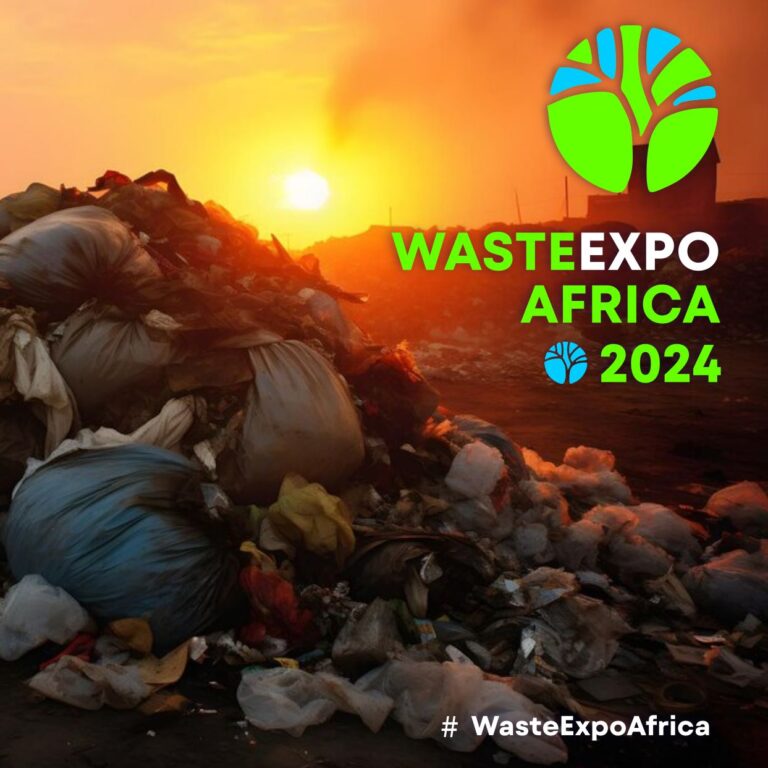Africa is facing a growing waste crisis. Rapid urbanization, population growth, and increasing consumption patterns pose a significant challenge to waste management systems across the continent. Improper waste disposal practices pollute land, water, and air, leading to health risks, environmental degradation, and economic losses.
Challenges:
- Inadequate infrastructure: Many African cities lack proper waste collection, transportation, and disposal facilities. Open dumping and burning of waste are common practices, leading to environmental pollution and health hazards.
- Lack of awareness: Public awareness about sustainable waste management practices remains limited. This leads to improper waste disposal, littering, and a lack of participation in recycling initiatives.
- Limited resources: Many African countries lack the financial resources and technical expertise needed to implement modern waste management systems.
- Informal waste sector: The informal waste sector plays a vital role in waste collection and recycling in Africa. However, informal workers often work in hazardous conditions and lack access to social protection and healthcare.
Opportunities:
- Circular Economy: The transition to a circular economy offers a pathway for Africa to reduce waste, create jobs, and generate economic growth. This model focuses on reducing waste at the source, reusing and recycling materials, and recovering energy from waste.
- Innovation: Technological advancements and innovative solutions can play a key role in improving waste management in Africa. This includes waste-to-energy technologies, composting solutions, and digital platforms for waste collection and recycling.
- Investment: Public and private sector investment is crucial for developing robust waste management infrastructure and promoting sustainable practices.
- Community engagement: Empowering communities through education and awareness campaigns can lead to behavioral change and promote active participation in waste management initiatives.
The way forward:
Addressing Africa’s waste crisis requires a multi-faceted approach that includes:
- Strengthening waste management infrastructure
- Promoting waste reduction, reuse, and recycling
- Supporting the formalization of the informal waste sector
- Raising public awareness and education
- Investing in research and development of innovative solutions
By working together, governments, businesses, communities, and individuals can turn the waste crisis into an opportunity to build a more sustainable future for Africa.







